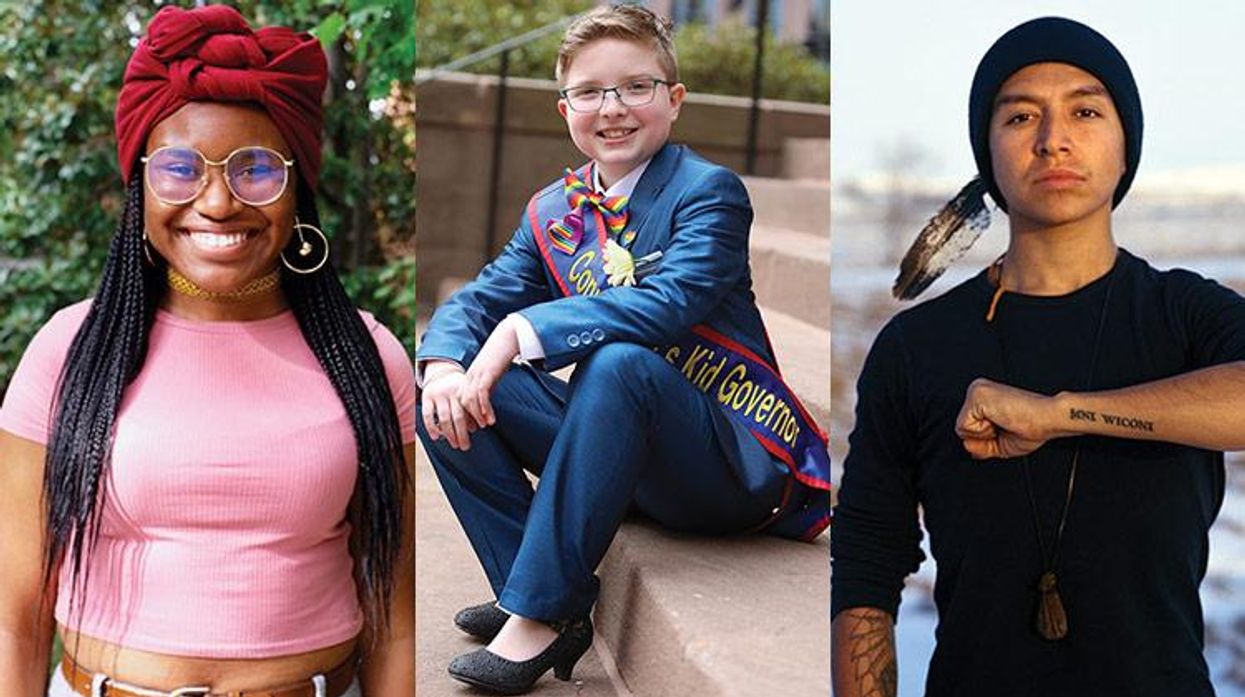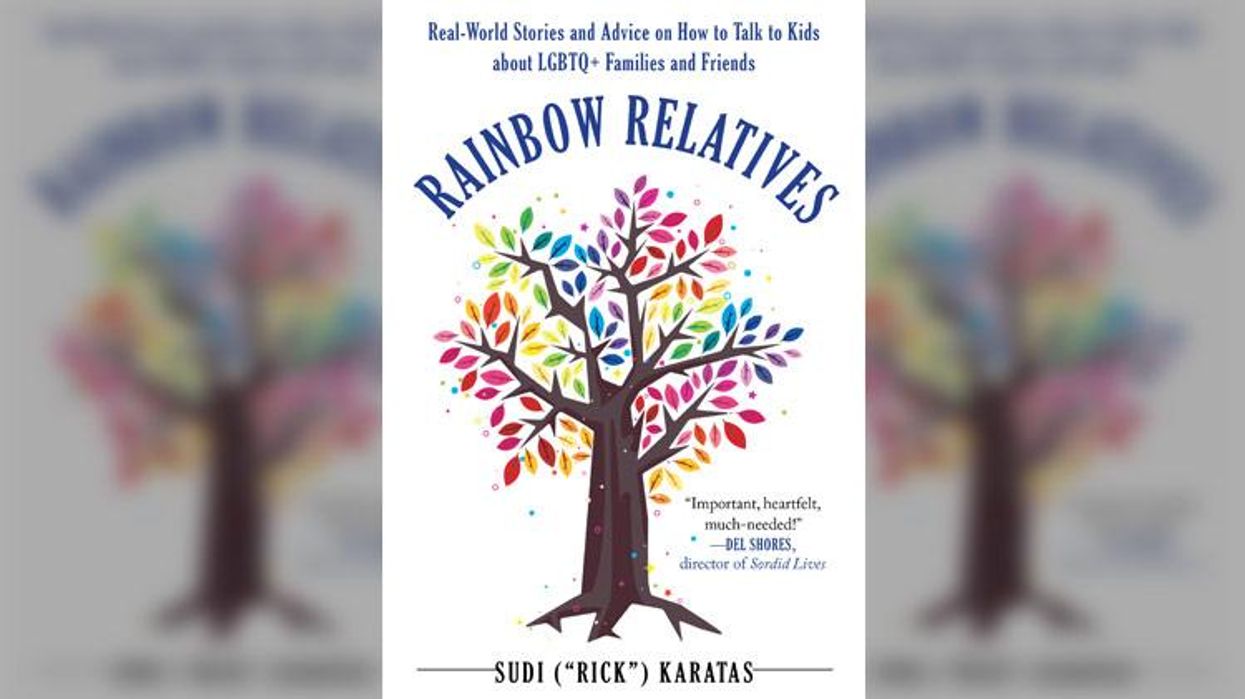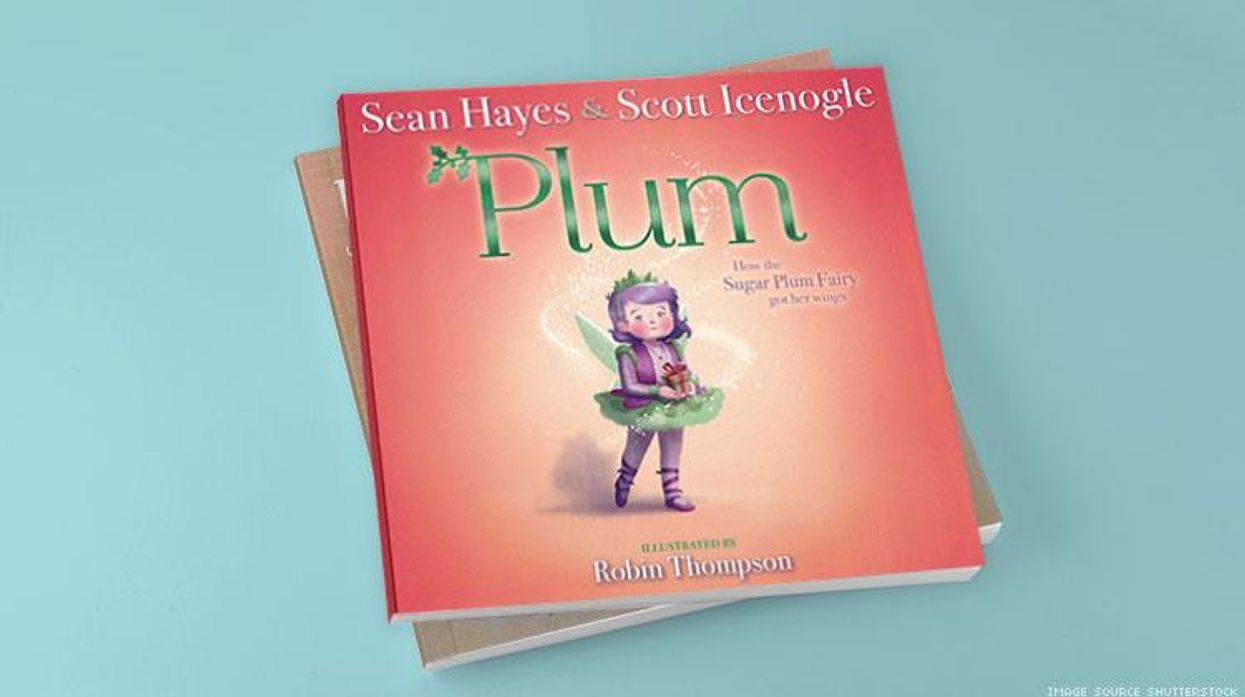Courtesy of Kevin Yatarola.
The award-winning actor, playwright, director, and singer-songwriter is known for works such as The Lily's Revenge, The Walk Across America for Mother Earth, and Hir, plays that span sociological themes. Nowadays, judy (Mac uses the lowercase gender pronoun "judy") is developing A 24-Decade History of Popular Music, describing it as "a durational concert that spans years, locations, and contains an onslaught of popular songs..." I spoke to Mac in grand theatrical fashion.
I saw your version of David Bowie's "Ziggy Stardust" on YouTube and loved it.
Some critic once wrote that I'm Ziggy Stardust meets Tiny Tim. I wear these crazy outfits, but also with a little glam aesthetic to it, but disturbing at the same time. I didn't want to be defined that way, so I made a show called Comparison Is Violence and I sang Bowie songs and Tiny Tim songs. We talked about comparison and what it represents.
You're working on A 24-Decade History of Popular Music?
It's about the ritual aspect -- you see it again and again. If we perform one of the decades in a town, the idea is performing the other decades there too, so the more we perform it, the more we have to perform it. There's a pyramid-scheme aspect to it. It's a performance art concert. We'll do Ted Nugent's "Snakeskin Cowboys," but we slow it down and make it sound like a gay prom, so everyone has to get up and dance with someone of the same gender. We turn this Ted Nugent song into something very queer. In a way, it's appropriating things I don't like -- though we also appropriate plenty of songs I like. Some we do as originally performed, some we deconstruct, some we change the keys from major to minor. By the end of the show, it's just me. We lose a musician every hour.
Do they fall through a trap door?
They all leave in mysterious ways. They fly away, some of them. [Laughs.] All the songs aren't necessarily the most popular songs from the decade -- sometimes it's the most popular song from a small community. From 1896 to 1906, we do songs popular in the Jewish tenement.
You've likened yourself to a fool, in the Elizabethan sense. Is that because you say what people are thinking?
I try to look for what's the power structure in the room where I'm performing. If I'm performing in Lincoln Center, I'm going to talk to the court. In the basement of a queer bar, I'll talk to whoever's controlling that space. To me, that's what an Elizabethan fool is doing -- try to knock down power structures and point out the ridiculousness of people wanting to win.
What do you check for "gender" on a form?
If they let me check "genderqueer," I'll check that. Sometimes people can identify you in a way you don't like. I feel gender is fluid. Why do I have to decide if I want to be a man or a woman? I believe in the moment. I don't believe in obstinence. I believe in the right to change my mind.
Have you ever had surgery or taken hormones?
No, and I don't believe that's in my future. I don't even think I'll get plastic surgery for aging reasons. But you never know. It's surprising when you get older and the things you cared about when you were younger, you don't care about. So maybe I'll get surgery.
You use "judy" instead of "he" or "she." Is it a sardonic comment on gender-pronoun mania?
Certainly there's that element to it, but there's more to it than that. I feel like when people would say "she," it wasn't quite right, and "he" wasn't quite right. I thought, "I'll pick a gender pronoun." I like when people say, "We went to see Taylor Mac, and judy was fabulous." It sounds like there was this person, judy, hanging out with me and she's better than me. And it allows me to connect some lineage of queerness with my pronouns, and I do think Judy Garland was a queer performer. It allows me to give people pause -- that's the job of the arts. People judge you when you don't have a status quo gender pronoun -- they always roll their eyes or emphasize it when they say it. Well, you can't roll your eyes or emphasize when you say "judy" without exposing your own ridiculousness. It's actually an activist pronoun. It immediately makes them stupid when they judge it. And it's fun. It brings a little joy or stupidness into it. That's good for gender activism, because it can be a little self-serious. People get stressed out when they try to get your gender pronoun right. It's like, "Relax, Mary."
What kind of theater makes you feel nothing?
If I walk into the theater and feel everyone on that stage is getting a paycheck! I think Hamilton is wonderful in so many ways, but I was thinking, "I don't want to be in it." Not because it's not good, but because singing the words -- "Alexander Hamilton" -- something in me cringes. It's like that love/hate relationship I have with theater. "Why are they singing?"















